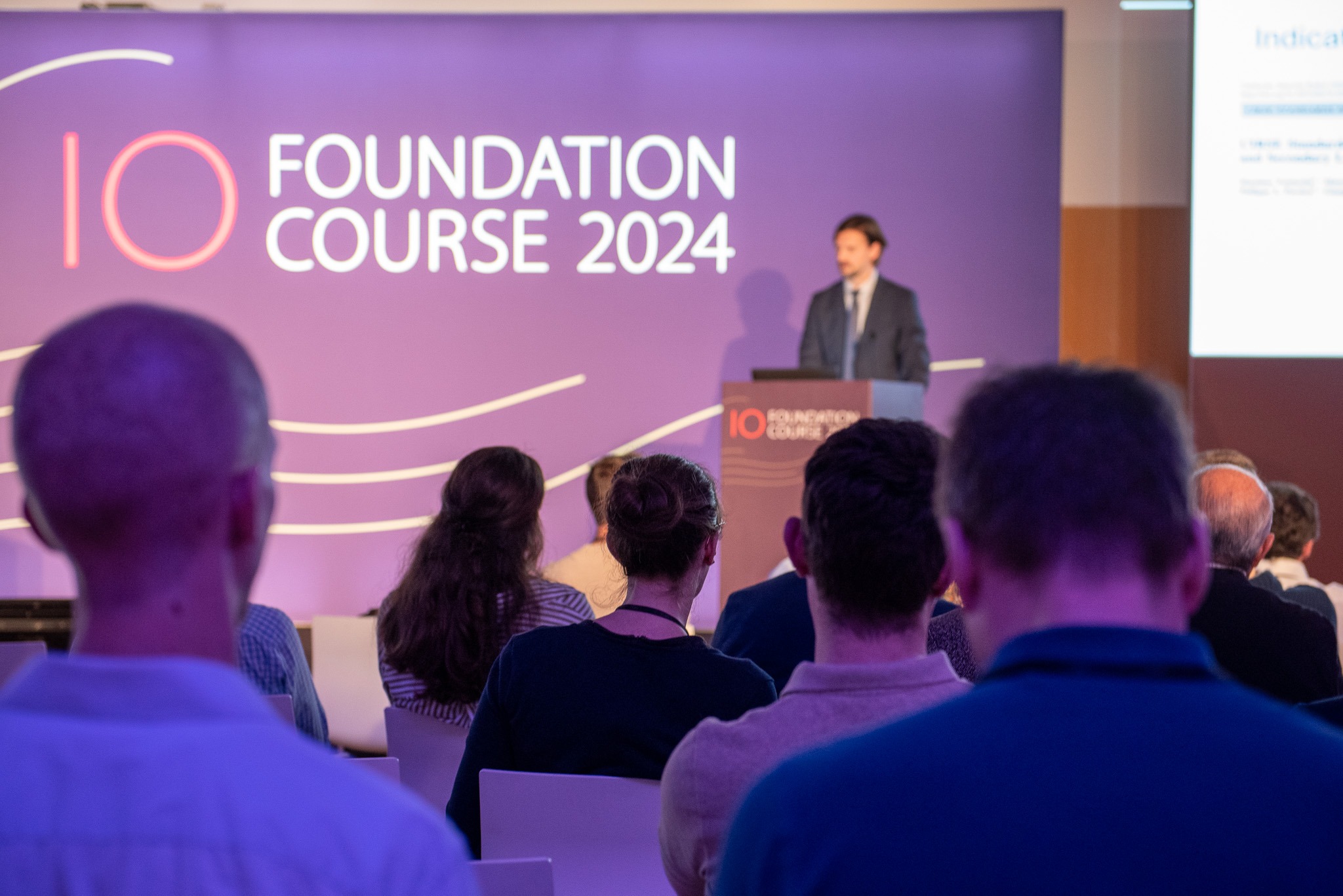Tailored for trainees and young staff members, the IO Foundation Course provided participants with an initial understanding of key IO procedures and their integration within a comprehensive, multidisciplinary approach to cancer care.
Prof. Andy Adams opened the course with words of welcome. “Those of you who have registered have made a wise decision. I think this foundation course will set the scene for proper training in oncology, which I think is essential for the future of interventional oncology.”
He stressed that as physicians are catching cancers earlier, and therefore at smaller sizes, tumours will increasingly be treated by minimally invasive techniques. “It’s inconceivable that [for example] very small metastases in the liver are going to be treated surgically in the future.” In spite of this, IO is often included only as an “optional extra” rather than a first line of treatment. Prof. Adams attempted to answer why; some factors could be limited visibility of IO and lack of formal training. He implored that IOs need to make the time to practice as fully-fledged clinicians, including participating in MDM meetings, taking part in outpatient clinics, making ward rounds and writing clinical letters.
He emphasized that IRs should learn the essentials of oncology, knowing both what IRs can do as well as what other disciplines can do as well as their limitations.





